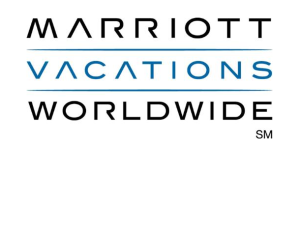The ARDA Timeshare Convention’s Timeshare Resale Forum
Monday, April 6, 2009
New guidelines for timeshare resale companies in the works by ARDA.
The Timeshare Resale Forum at last week’s American Resort Development Association Convention in Orlando was pretty exciting in terms of future directions for the timeshare industry. With roughly 100 participants from all areas of timeshare resales present, it was great to see such a strong level of participation and enthusiasm. Right now, ARDA is working to craft a much needed Code of Ethics for timeshare resale companies.
ARDA currently has a Code of Ethics that covers all member businesses. Complaints about a company or its practices are referred to the ARDA Ethics Committee for discussion and possible revocation of membership , depending on the severity of the complaint. The new guidelines will center more on timeshare resale companies and ARDA’s role in potentially policing them.
New ARDA Guidelines for Timeshare Resales
Three primary themes were discussed at the Forum: Disclosure, Transparency, and Enforcement. I could not feel more strongly about the pressing need for these types of guidelines for timeshare resales. If you read The Timeshare Authority regularly, you already know my conviction that standardizing timeshare sales, timeshare resales, and timeshare rentals benefits the timeshare industry just as much as it benefits the consumer.
Greater disclosure in the marketing and sale of timeshare resales would address areas such as costs, with the guidelines requiring all costs be discussed with the consumer at the start of the timeshare sales process, thereby eliminating the possibility for surprise, or ‘hidden fees’ cropping up later.
Transparency in the timeshare resales process would cover marketing practices and what the consumer will actually receive in services from a timeshare resale company. Transparency will also help standardize the reporting of the sales results a timeshare resales company achieves, as well as addressing how the company can use those claims in its marketing. In other words, timeshare buyers will be able to compare apples to apples when looking at the timeshare sales results published by different resale companies.
New timeshare resale guidelines for enforcement will deal more with ARDA’s role in holding timeshare resales companies accountable for their marketing, advertising, and sales practices. Like the guidelines in ARDA’s present code, after review by the Ethics Committee, ARDA members breeching the new resales code may be subject to expulsion from ARDA.
Sell My Timeshare NOW and the New Code of Timeshare Resale Ethics
As a part of the timeshare industry and an active member of ARDA, Sell My Timeshare NOW welcomes the additional scrutiny that an expanded code of ethics for the resale market will bring. Timeshare resale companies should provide information and verification about their timeshare sales results and the claims they make to consumers. In fact, I’ll go even further and call for independent, third party evaluations to substantiate these claims. As an industry, we need to do everything we can to raise the bar for integrity of standards in timeshare resales.
ARDA’s new timeshare resales guidelines are expected to be finished sometime this summer and The Timeshare Authority will keep you apprised of developments along the way.


